Vladimir Putin: Monster, Madman, or Mastermind?
Everyone is trying to figure out who exactly President Putin is and what he’s trying to achieve. Many of his opponents and even quite a lot of his foreign supporters alike have regularly misportrayed him as a strongman who’s obsessed with fighting against the West, each propagating this narrative in pursuit of their diametrically different ideological agenda. This storyline, for as compelling as it may be, is grossly inaccurate and deserves clarification.
Russian President Vladimir Putin is the most talked-about man this century thus far after commencing his country’s ongoing special military operation in Ukraine in late February. That dramatic move was intended to uphold the integrity of Russia’s national security red lines in Ukraine in particular and in the region more broadly. It followed the US-led West refusing to respect his security guarantee requests from December, which in turn prompted President Putin to kinetically defend Russia’s existential interests. The unprecedented and preplanned response by the US-led West accelerated preexisting multipolar trends connected to the ongoing global systemic transition and led to what many nowadays consider to be the worst crisis since World War II.
Amidst all of this, everyone is trying to figure out who exactly President Putin is and what he’s trying to achieve. Many of his opponents and even quite a lot of his foreign supporters alike have regularly misportrayed him as a strongman who’s obsessed with fighting against the West, each propagating this narrative in pursuit of their diametrically different ideological agenda. According to this common interpretation of his motives, he simply can’t get over how the USSR’s dissolution in 1991 led to the erasure of Russia’s former superpower status. In their minds, he’s plotted for decades to make the move that he fatefully did in February, though each side differs over their assessment of how successful it’s been since. This storyline, for as compelling as it may be, is grossly inaccurate and deserves clarification.
Beginning with the viewpoint of his opponents, President Putin is either a monster or a madman. The first implies that he’s a bloodthirsty dictator who couldn’t give a damn for any notion of democracy and human rights, whether the objective understanding thereof or subjective interpretations of them that vary based on society. All that he wants, they claim, is to kill as many people as possible. This leads to the second viewpoint of him possibly being a madman, as in, someone who’s literally gone crazy and surrendered to whatever pathology it may be that supposedly controls everything that he does. Those who ascribe to this interpretation insist that he isn’t a rational actor and therefore mustn’t be negotiated with. Whether a monster or madman, his opponents claim that this man must be contained.
The polar opposite camp employed a proto-QAnon model to explain everything that he does by introducing the idea that he’s a mastermind who plays “5D chess”, “is always winning”, and that everyone who sympathizes with even a single element of his policies should just “trust the plan” exactly as former US President Donald Trump’s most passionate supporters suggested about that American leader. According to them, President Putin deeply despises everything associated with the West, especially its close partners like Israel and Turkey. Anytime he pragmatically interacts with them and is caught on camera smiling alongside their leaders, they claim, he’s just “playing chess” and “tricking his enemies” in order to supposedly “gather intel” to help defeat them at a later undisclosed time.
Suffice to say, all three interpretations are flat-out ridiculous and have no resemblance to reality. President Putin isn’t a monster, madman, or a mastermind, he’s simply a man who history placed in a very unique position that ultimately compelled him to muscularly defend his Great Power’s existential national security red lines in the most dramatic way possible. What follows is a much calmer, rational, and fact-based interpretation of the Russian leader that discredits all three of those equally false narratives about him to help clarify exactly how he came to be who he is in the present day. None of those camps will likely agree with what’ll be put forth and some of their members will probably be triggered but what comes next, but getting on all three of their bad sides says a lot as it is.
President Putin was always a Russian patriot but he used to sincerely believe that it was indeed possible to integrate his country into the US’ unipolar hegemonic world order that followed the end of the Old Cold War, albeit on equal terms whereby Moscow would be respected and have its sovereign rights guaranteed. This explains why he actually flirted with joining NATO shortly into his presidency and also struck up very close relations with the Bush clan. He was the first foreign leader to call his American counterpart after the 9/11 terrorist attacks and even acquiesced to the US’ use of military facilities in Russia’s Central Asian “sphere of influence” in order for Washington to take revenge against Al Qaeda. President Putin also has other close friendships that make the “mastermind” theorists uncomfortable.
For instance, he’s on excellent terms with former National Security Advisor Henry Kissinger of Indochina infamy and boasted in early 2020 about how he’s been friends with World Economic Forum (WEF) leader Klaus Schwab since 1992, having regularly attended his globalist organization’s yearly meetings. Not only that, but President Putin is also a very passionate and fiercely proud philo-Semite, which contradicts the “mastermind” theorists’ claim that he’s secretly an “anti-Zionist” who’s supposedly allied with the Iranian-led Resistance. Former Israeli Prime Minister Benjamin Netanyahu was a dear friend of his as is Turkish President Erdogan in spite of the second leader being one of the world’s most prominent Islamists nowadays. All of these facts shatter the “mastermind” theory about President Putin.
Throughout the last two decades, the Russian leader did everything that he could to try to incorporate his country into the US-led Western world order, though importantly on Moscow’s self-respecting terms related to security and sovereignty guarantees for his civilization-state. These all failed because the powerful anti-Russian faction of the US’ permanent military, intelligence, and diplomatic bureaucracies (“deep state”) regards his country as their top “peer competitor” for ideological reasons. It was only under former President Trump that there was a sliver of a chance of reaching a “New Détente” through a serious of pragmatic mutual compromises aimed at de-escalating tensions in the Western European theater of the New Cold War, but that ultimately failed due to the “deep state’s” schemes against him.
Even so, President Putin never gave up hope of this happening, precisely because he’s much more rational than the “madman” theorists claim. Actually, it was his American counterparts who were the real “madmen” because they consistently behaved irrationally by refusing to respect Russia’s legitimate national security interests and sincerely negotiating with it as an equal in pursuit of the mutually beneficial outcome that the “New Détente” scenario would have had for Russian-Western relations. President Putin didn’t realize this until it was almost too late, having arrived at this conclusion only recently upon the US-led West flat-out refusing to sincerely negotiate his country’s security guarantee requests. Faced with a literally existential crisis for Russia, President Putin was finally forced to act.
When he did, the Russian leader didn’t behave as the “monster” that propagandists misportray him as for self-interested “perception management” reasons (including by ridiculously comparing him to Adolf Hitler and implying that he’s carrying out a so-called “Second Holocaust”), but actually still to this very day continues to show the utmost concern for mitigating civilian casualties and collateral damage in Ukraine. This is evidenced by his armed forces’ casualty rate, which would be a lot lower if Russia didn’t care about conducting a “clean war” and employed the American model of “shock & awe” to bomb Ukraine back to the stone age just like the US did to Iraq and Libya among many others. The reason that he hasn’t done so is because he sincerely believes in the historical unity of Russians and Ukrainians.
The complicated and fast-moving sequence of events that he set into motion, many of which were already preplanned by the US-led West in anticipation of the possibility that he’d kinetically defend his country’s existential security interests, forced him to in some ways finally become the “mastermind” that his most feverish fans abroad fantasized that he was this entire time. After over two decades of sincerely trying to negotiate with the US-led West in good faith, both formally with America itself and informally through the liberal-globalist structures like the WEF that it’s closely connected with, President Putin ultimately realized the futility of this well-intended approach since it failed to ensure his country’s existential interests like he hoped. As such, he was forced to become a “mastermind”, so to speak.
That, however, doesn’t imply that his present grand strategic role in terms of the ongoing global systemic transition was “part of the plan all along” because he was supposedly “playing 5D chess” this whole time and thus “always winning”, but just that the epoch-making events in which he found himself playing a leading role practically compelled him to do so if he was truly as committed to patriotically ensuring Russia’s existential and enduring interests like he claimed he was for decades. Quite clearly, the very fact that he’s now playing such a role speaks to how sincere he was with respect to that primary interest of his all throughout this century. President Putin didn’t ever want to represent the most powerful force against the US-led West, but he had to in order to defend Russia in these circumstances.
The takeaway is that the Russian leader isn’t a “monster”, “madman”, or “mastermind”, he’s just simply who he is, Vladimir Putin. He started out as a very Western-friendly leader who eagerly wanted to incorporate his country into the US’ unipolar hegemonic world order, albeit on Moscow’s own terms by ensuring that its security and sovereignty were respected. That well-intended and somewhat naïve approach failed because his counterparts were never rational to begin with since it was they were who were the “madmen” and “monsters” this entire time, the second-mentioned proven by their wars of aggression across the Global South since the start of this century that killed over one million people by some estimates.
With no other choice left to guarantee Russia’s most basic interests, President Putin was literally forced by the historical circumstances in which he suddenly found himself to become the face of global opposition to the West. That in turn necessitated him employing tactics and strategies characteristic of a “mastermind” even though he never truly plotted any of this ahead of time nor wanted for it to happen, but that also doesn’t mean that he and the patriotic members of his country’s own “deep state” didn’t have contingency plans in place for this scenario. The present state of affairs is such that the most misunderstood man in modern history continues to be falsely described as a “monster”, “madman”, and “mastermind” by friends and foes alike even though he’s just a simple patriotic and peace-loving person.

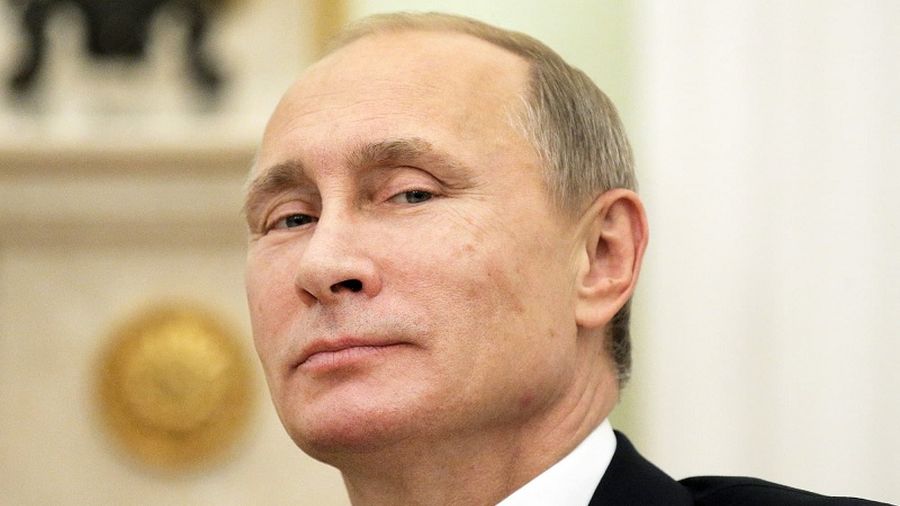
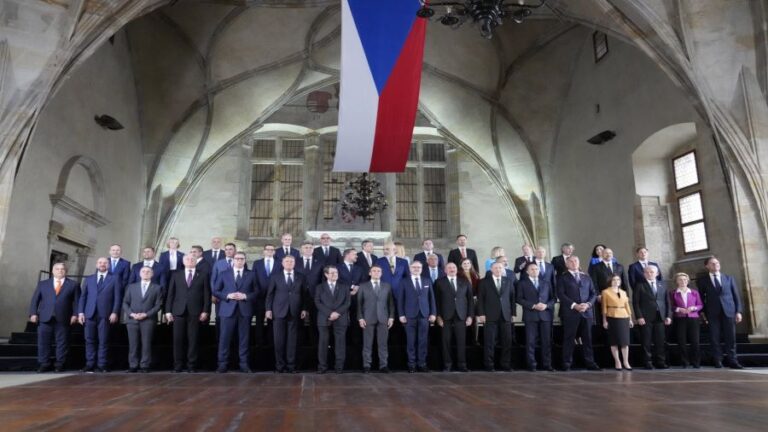
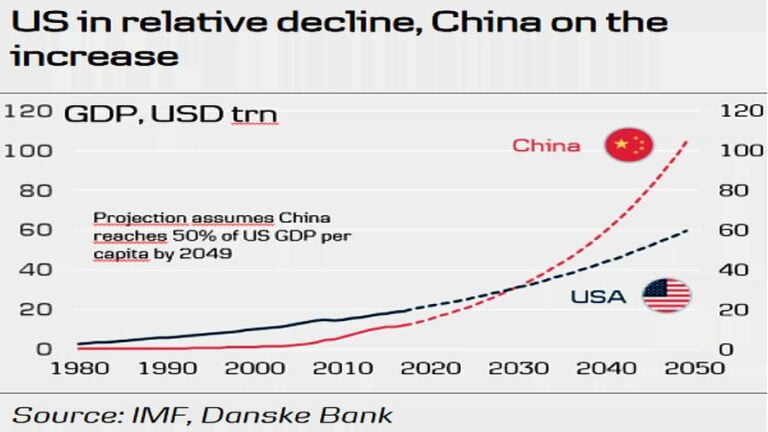
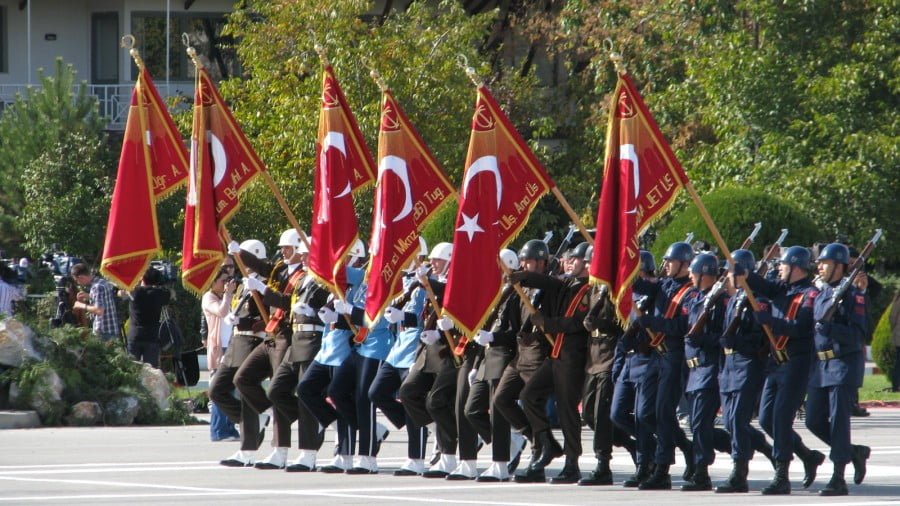

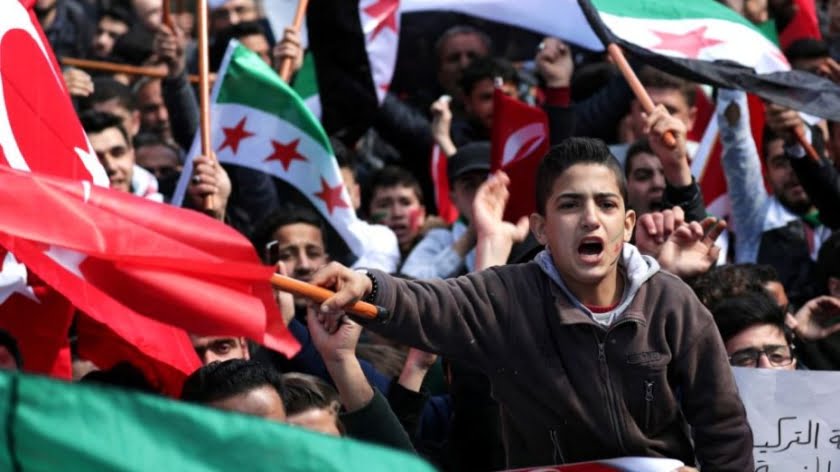
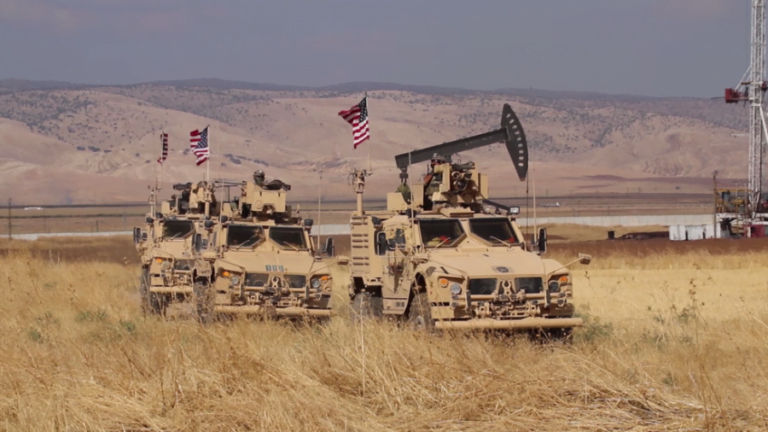
19 Comments